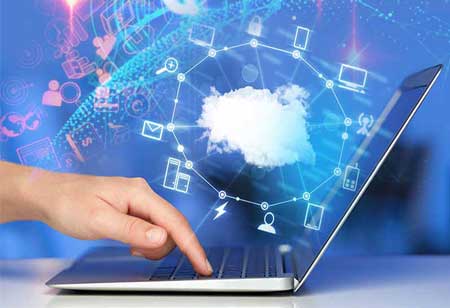THANK YOU FOR SUBSCRIBING
Ways AI Rewrites the Future of Nursing
AI, a type of technology that can learn and adapt to support and supplement human tasks, can assist nurses in working more efficiently and effectively.

By
Apac CIOOutlook | Friday, January 28, 2022
Stay ahead of the industry with exclusive feature stories on the top companies, expert insights and the latest news delivered straight to your inbox. Subscribe today.
AI computer processes can now evaluate data to provide more accurate answers to questions and predict patient outcomes by identifying trends or patterns in data that normal humans frequently miss.
Fremont, CA: AI, a type of technology that can learn and adapt to support and supplement human tasks, can assist nurses in working more efficiently and effectively. Furthermore, nurses can significantly improve patient care and the future of health policy with the help of AI-powered systems and devices, such as IoT wearables.
Data Improvements
Nurses have used clinical information and other digital support systems for a long time to input clinical data and collect helpful information. On the other hand, nurses can now collect data on a whole new level thanks to the incorporation of AI into these systems. AI computer processes can now evaluate data to provide more accurate answers to questions and predict patient outcomes by identifying trends or patterns in data that normal humans frequently miss.
Workload Optimization
There are numerous ways AI technology can be used in healthcare. AI-powered voice assistance systems, for example, can assist nurses in completing tasks more quickly, staying on schedule, and staying informed. They can use voice commands to ask plans for information, such as retrieving information on patients or policies or having systems verbally remind them of their schedule and tasks to complete.
Better Patient Care and Treatment
Expert in Patient Care and Treatment AI-powered systems used to detect anomalies and solve problems can help patients better identify and diagnose diseases and conditions. Visual recognition software, for example, can assist nurses in identifying and detecting issues that they may not have noticed otherwise. Assessing and diagnosing wound integrity, monitoring breathing patterns, and even identifying nonverbal pain cues are all examples of what this entails.
IoT Medical Devices
Internet of Things (IoT) devices, such as IoT medical devices and wearables, are essentially smart devices that can connect to the internet to gather, share, and process data. Nurses can use these devices to collect real-time patient data, receive alert notifications, and assist with patient monitoring. For example, instead of running around the hospital checking on patients one by one, they can receive the information they require directly to their phone, computer, or a wearable device such as a smart wristband or smartwatch.





